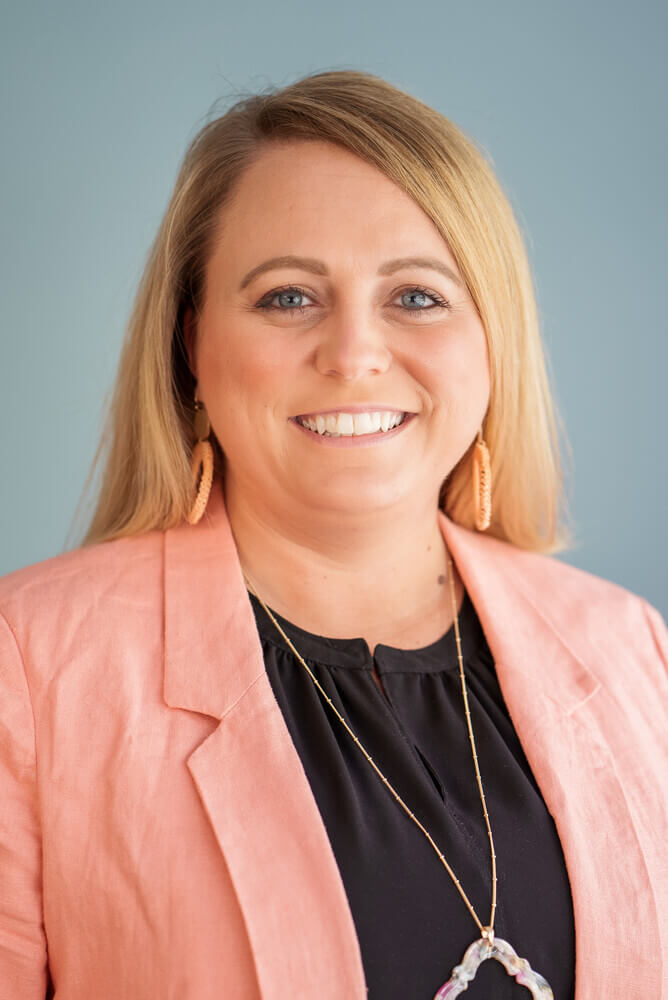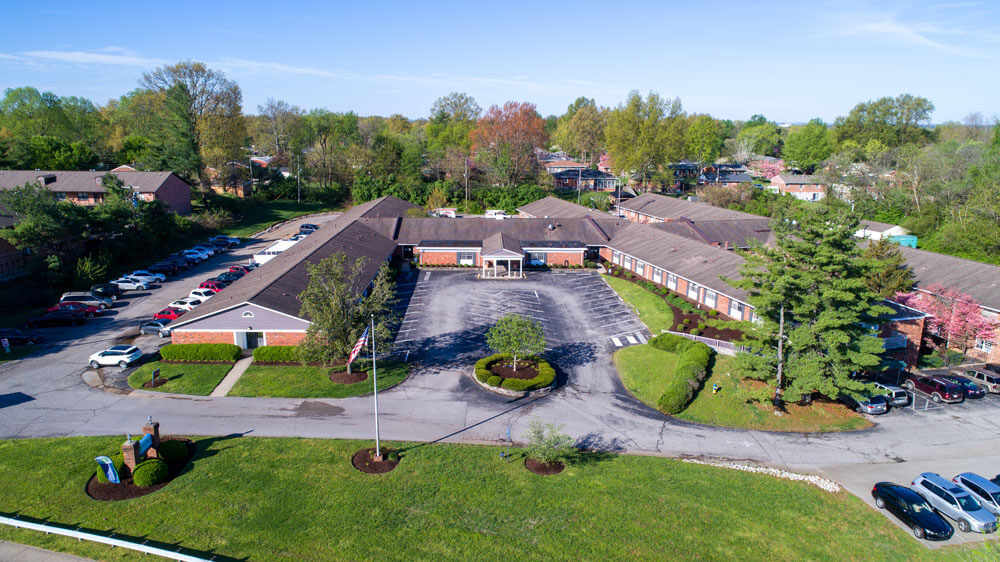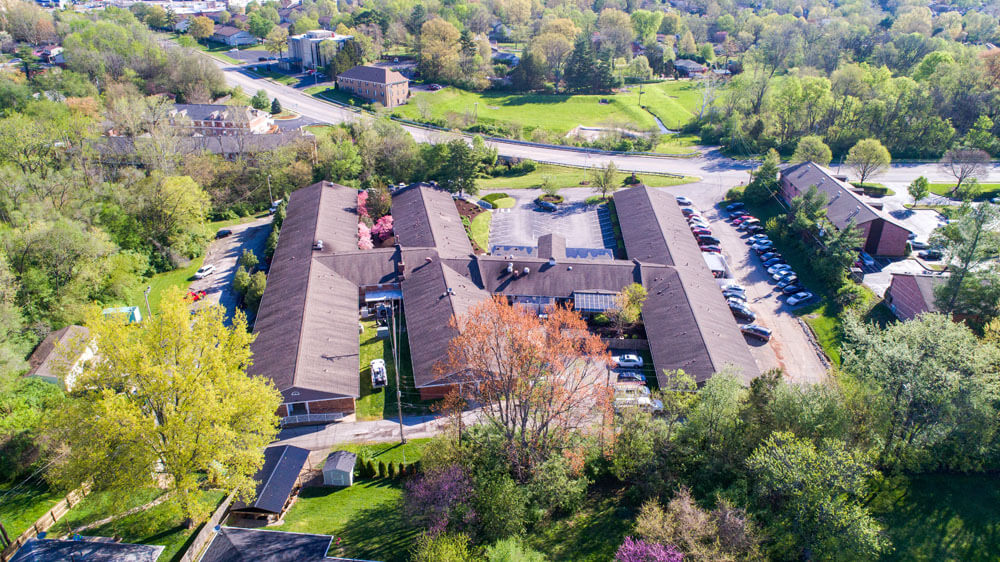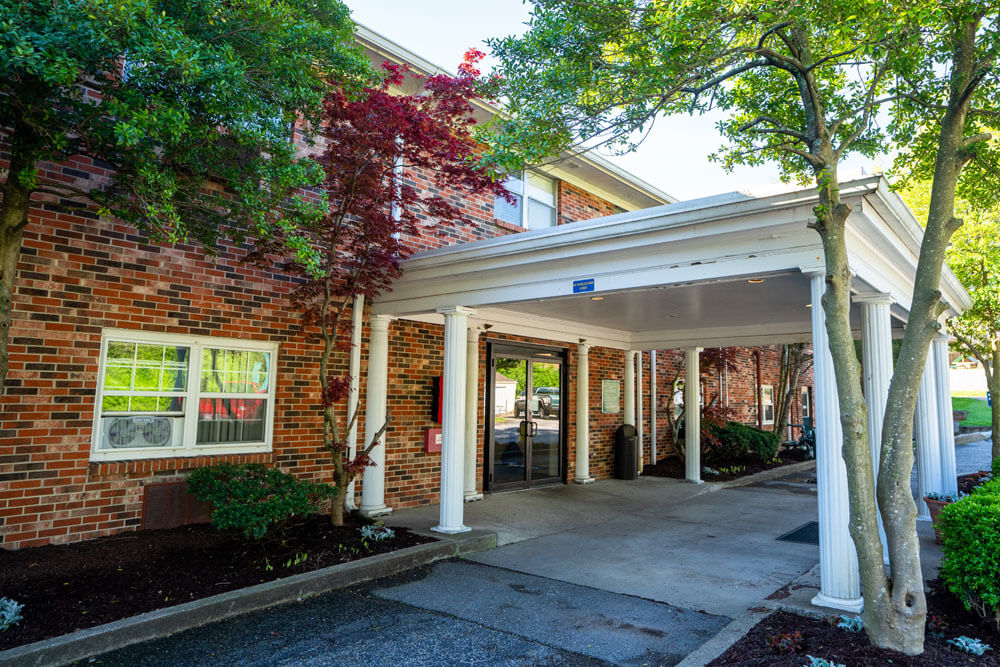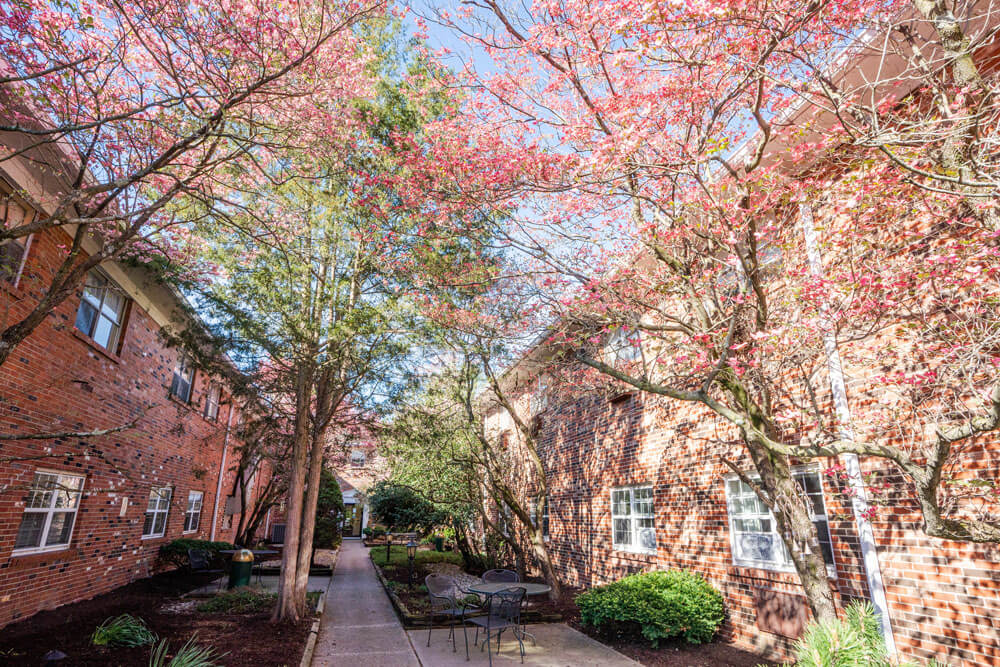
More than 800,000 people reside in senior living facilities worldwide. One type of senior living facility is known as a memory care community. It’s specifically for those living with Alzheimer’s disease or other forms of dementia.
Are you wondering if you need to start searching for memory care facilities for your loved one? If so, there’s no need to look any further because we’ve created a comprehensive guide that will give you everything you need to know about memory care and the different facility options your loved one has.
What Is Memory Care?
Memory care differs from other forms of senior living facilities because it’s geared towards helping people that are living with dementia and Alzheimer’s disease. The staff that works in these facilities is specially trainied to help provide residents with an array of services, including the following:
- Medication management
- Activities of daily living
- Meals
Residents will be monitored closer than those that are in an independent living facility. With this structure, residents can maintain their independence with some extra help.
Another thing that differs about memory care facilities compared to others is that they’re typically locked or secured. This is to ensure the safety of all residents and to keep them from wandering into dangerous situations.
Types of Memory Care Facilities
There are several types of memory care facilities you can choose from to fit the needs of your loved one. The first type is an adult day center.
If your loved one hasn’t reached a point where they need round-the-clock care that you’re not able to provide, an adult day center is the perfect option. While you’re running errands or going to work, your loved one will be in a center where they are supervised by trained staff.
For some people, the most important part of getting older is being able to stay in their homes. If this sounds like your loved one, the best option for them might be in-home care.
This is when a licensed care aid will come to their home daily and provide services like:
- Light housekeeping
- Transportation to and from appointments
- Companion services
It’s important to keep in mind that different in-home companies will provide different services at different rates. For people with progressive diseases like Alzheimer’s, continuum of care facilities are necessary.
The reason is that the facility will be able to provide support to the resident as their needs continuously change. As their disease progresses, they will begin to need more assistance, and a continuum of care facility will deliver.
What to Expect from Memory Care
As mentioned, memory care is designed to provide people dealing with memory loss the support they need to get through their daily lives. In a memory care facility, you can expect the floor layout to be simple.
The reason for this is to minimize the chances of residents getting lost and becoming frustrated when they aren’t able to find their way around. Another thing you can expect in this type of facility is various forms of therapeutic activities.
These activities are geared towards stimulating the mind without causing frustration for residents. Your loved one will also have access to caregivers around the clock if they fall or need other types of help.
As mentioned above, the security in memory care facilities is heightened to ensure the safety of residents. This means having enclosed outdoor spaces for residents to walk through and enjoy, and it also means an enhanced security system to keep your loved one safe at all times.
This type of facility also focuses on providing residents balanced meals daily to maintain their strength.
When Is It Time?
Placing your loved one in a memory care facility is hard to do. Before you make your final decisions, you must take the time to determine if it’s time for memory care.
Behavior Changes
The first sign it’s time to put your loved one in a facility equipped to support them is changes in their behavior.
It’s one thing to forget where you’ve placed your keys every now and then, but forgetting where you live and how to get home is often a sign of dementia. While these things might not seem to be a big deal, they can become larger issues, especially if your loved one begins to forget to take their medication.
Incontinence Issues
51% of older adults have issues with incontinence for a variety of reasons. However, for someone that struggles with incontinence, it can become a sanitary problem.
Memory care facilities have staff on hand that will complete checks reguarly and follow toileting procedures to help residents use the bathroom as needed.
Dangerous Living Situation
As a person’s memory issues continue to progress, it’s easy to forget about keeping their home safe to live in. This could mean forgetting to:
- Take out the trash
- Turn off the oven
- Lock the doors
- Throw away expired food products
- Do laundry
- Clean the dishes
Forgetting to do these things means the home is no longer a safe environment which increases risk of falls and illness.
Memory Care Facilities: Is It Time?
One of the hardest things to do is search for the right memory care facilities for your loved one. There are several types of facilities that you can choose from, but we recommend finding the one that will fit the current needs of your loved one and change as needed.
Still searching for a community? If so, contact Exceptional Living Centers, and let us help your loved one continue to thrive no matter what level of care they need.

